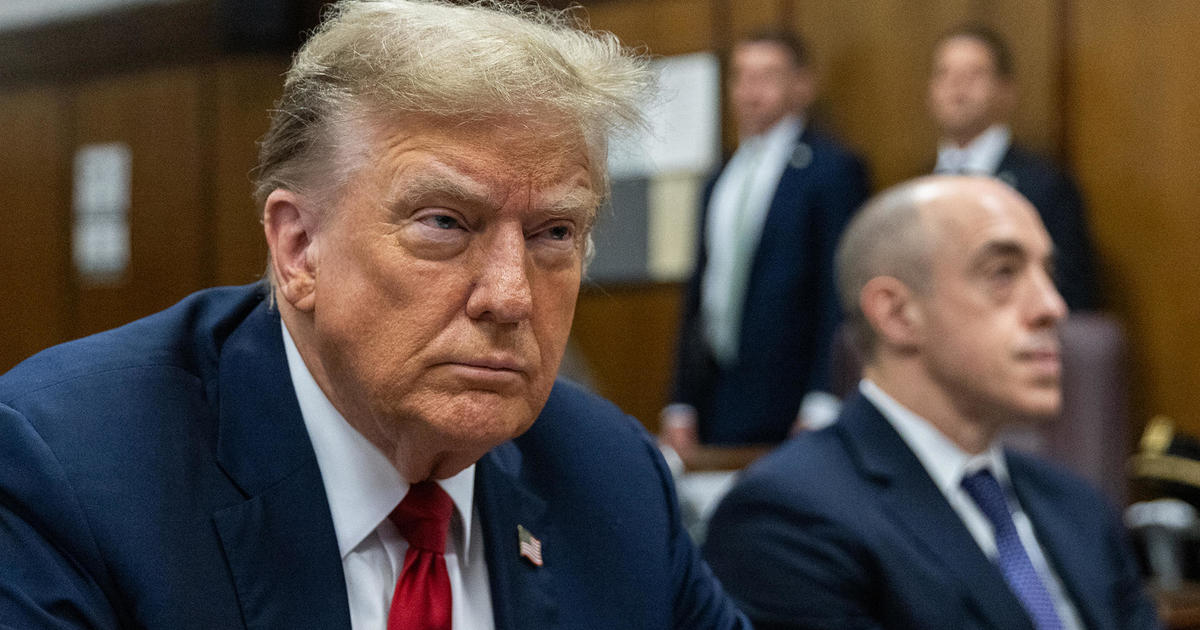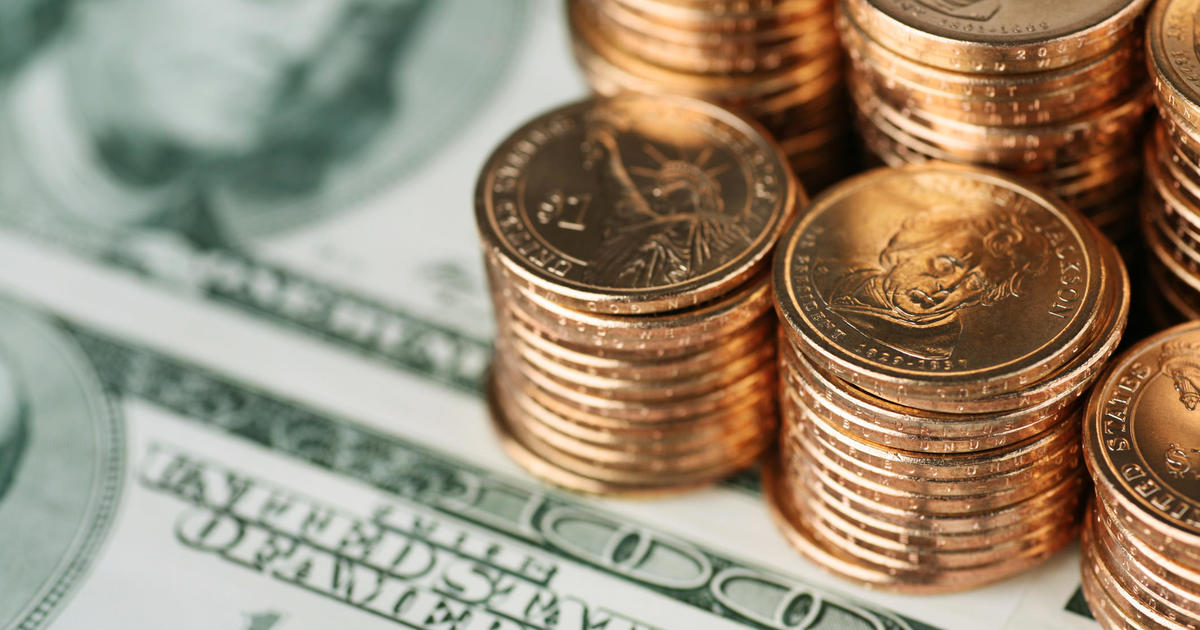Trump plan to revive the U.S. Postal Service: Sell access to your mailbox
Looking for ways to boost revenue for the U.S. Postal Service's money-losing operations, the Trump administration is suggesting selling access to mailboxes.
"The legal mailbox monopoly remains highly valuable," said a government report issued last week. "As a means of generating more income, the mailbox monopoly could be monetized."
The report, representing the efforts of a task force created by President Donald Trump, proposes a number of other changes to the U.S. Postal Service, including cutting costs and boosting prices for "nonessential services," including delivery of commercial mail such as advertising flyers. In November, the USPS reported its 12th straight year of losses, due to slumping mail volume and rising costs of retirement and health care benefits.
While the report didn't detail how much the USPS could earn from franchising mailboxes, it suggests the USPS could charge third-party delivery services such as UPS or FedEx to gain access to consumer mailboxes. It's currently illegal for other delivery services to drop packages or letters in a mailbox -- a restriction that even applies to neighbors stuffing flyers for a local event.
"As [mail service providers] and package delivery companies continue to expand offerings to multiple parts of the value chain, it is reasonable to expect a willingness to pay for access to USPS mailboxes," the report noted. "By franchising the mailbox, the USPS could expand its revenue and income opportunities without necessitating any change to its current mail products."
But the economics might not be as rosy as the Trump administration report suggests, according to Robert Atkinson, president of the Information Technology and Innovation Foundation, a think tank that focuses on productivity and innovation issues.
"Nobody knows what the economics of that are," Atkinson said. "Right now, say what you want about the Postal Service, but the part that is perhaps the most efficient is the last-mile delivery," or the delivery from postal offices to consumers' homes.
Monopoly on delivery
Instead, it could actually backfire and end up costing the USPS more money, Atkinson warned: "One of the reasons the USPS is not even more financially troubled is because they have this monopoly for delivery" to your mailbox, he explained.
If the USPS sells access to consumers' mailboxes, even more businesses may opt for rival services such as FedEx or UPS. It's not clear whether the franchise fees would offset the loss of that mail revenue, he added.
"I'm dubious that they could charge a price that could be any better than they already make, because then they'd be delivering fewer of those letters or packages," Atkinson said.
Amazon's impact
While the report didn't single out Amazon, the online retailer -- whose founder Jeff Bezos personally owns the Washington Post -- has repeatedly drawn the ire of Mr. Trump, who has blamed the company for some of the USPS' financial woes. The president has claimed the USPS loses $1.50 on average for each package it delivers for Amazon.
There's little evidence to back up his claims, however, as the package delivery remains one of the few lines of business that's growing for the USPS.
Nevertheless, the report recommends that the Postal Service develop a new pricing model that would lift current price caps and charge what it calls market-based prices for mail and packages that aren't "essential postal services." Amazon and other major businesses that are currently using the Postal Service to supplement their delivery operations would face higher costs, if that were to happen -- and so, too, might their customers.
--With reporting by Irina Ivanova and the Associated Press.



